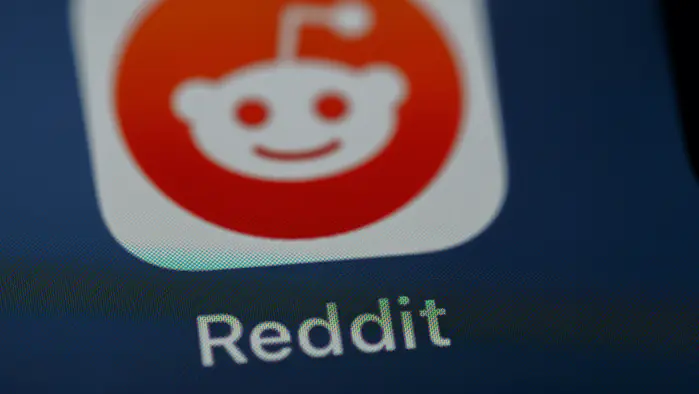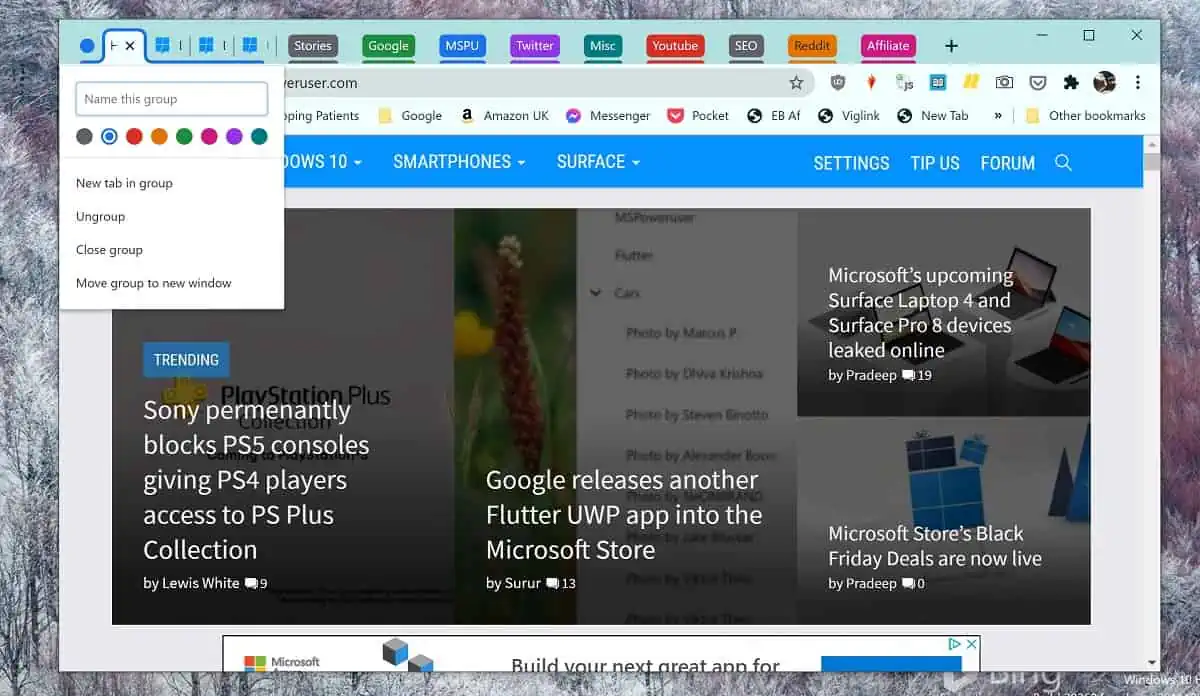A Developer speaks – Why develop for Windows Mobile
7 min. read
Updated on
Read our disclosure page to find out how can you help MSPoweruser sustain the editorial team Read more


Jeffrey McArthur says:
One of the questions I always get when I present the business concept for JSM Software is “why did you choose Windows Mobile?” Some are even less subtle and ask, “Why not develop for the iPhone instead?” They usually follow up with the story about how a friend of a friend made a lot of money selling some application on the iPhone.
Anecdotal evidence is not a good reason to start a company. I know a friend of a friend that won the lottery. It makes as much sense spending all my time, effort, and money trying to win the lottery as it does trying to make a lot of money creating applications for the iPhone. Both have the same anecdotal evidence.
I am trying to build a company, not win the lottery. I worked for a company that tried to “win the lottery”. They came up with wonderful ideas that would change the entire company. None of it ever came to fruition. I want to emulate the conservative playbook of Woody Hayes, “three yards and a cloud of dust”. Another description was “crunching, frontal assault of muscle against muscle, bone upon bone, will against will.” Paraphrasing Woody Hayes, “a company will not succeed unless they regarded the challenge positively and would agree to pay the price that success demands of a team.”
My business philosophy is simple: I want to grow a dedicated customer base by continually creating quality products. Sure I would like to make a lot of money. Everyone does. I will only focus on a market I know will provide adequate compensation for my effort.
One reviewer wrote me, “The iPhone market is so oversaturated with bad games, it’s unbelievable.” The vast number of cheep bad games put tremendous downward pricing pressure. Rick Storm wrote in his blog The Incredible App Store Hype, “The hype surrounding the iPhone App Store continues to persist.” Rick Storm has an application is listed as #34 on the social networking chart. According to his blog that makes him a little over $20 per day. That is a little over $7000 per year if sales continue at that rate. That is not a lot of money to me.
Owen Goss documented his success with his game Dapple on his blog. Owen Gloss wrote about developing applications for the iPhone, “…I suspect we’ll see fewer and fewer stories about people getting suddenly very rich.” (The Numbers Post (aka Brutal Honesty)). Owen Gloss spent $32,000 developing Dapple and made a total of $535 in revenue. Playing the lottery sounds like it has a lot better odds than that. I fully agree with Owen Gloss, “My hope is that we’ll start seeing more developers putting out quality titles in the hopes of gradually growing a sustainable business.” Owen Gloss strongly implies developing games for the iPhone is not currently a sustainable business.
This reminds me of a stanza from one of my favorite poems, “The Gods of the Copybook Headings” by Rudyard Kipling:
With the Hopes that our World is built on they were utterly out of touch.
They denied that the Moon was Stilton; they denied she was even Dutch.
They denied that Wishes were Horses; they denied that a Pig had Wings.
So we worshiped the Gods of the Market Who promised these beautiful things.I hear a lot of people worshiping the Gods of the Market in the form of praising the iPhone App Store.
Before deciding on Windows Mobile I did a lot of research. This is something it appears many jumping into the fray of developing software for mobile devices do not do. Denise Marcus, a friend of mine, always said, “Do the numbers.” I have always been amazed at how many people fail to do the numbers.
What are the numbers? According to mspoweruser.com (Windows Mobile hits 50 million lifetime sales ) Microsoft has sold over 50 million Windows Mobile devices. Of that, approximately 30 million are currently in use. These numbers make sense. According to Gartner, Microsoft has been selling over 4 million windows mobile devices every quarter since 2007 (Gartner Says Worldwide Smartphone Sales Reached Its Lowest Growth Rate). Most mobile contracts are two years long. 4 million per quarter times 4 quarters per year times 2 years equals 32 million. The 30 million number may be a bit low, but it is a reasonable starting point.
According to Entertainment Software Association 36% report they play games on a wireless device such as a cell phone or PDA (Essential Facts About the Computer and Video Game Industry). That means that 10.8 million Windows Mobile Users play games. The Entertainment Software Association also said that 7.6% of people who play games play role playing games. Conservatively the market for the type of games created by JSM Software is eight hundred and twenty-one thousand (821,000). If JSM Software reaches a one half of one percent market penetration, 0.5%, the sales projection is four thousand one hundred units (4,100).
My budget for creating a game is about $20,000. That means I need to make about $5 per unit sold. That does not include all the overhead costs in addition to the $20,000 budget. The interesting point is the average price of a role playing game for Windows Mobile on Handango is about $20. After crunching the numbers and using the wonderful spreadsheet provided by SCORE I determined I could make a living if I sold the game for $15 and sold a total of about 4,100 units over the lifespan of the game which I estimated to be one year. I bounced these numbers off of the CEOs of two other game companies. One CEO said my figures were “spot on”.
Owen Goss said he needed to sell 9,150 units of Dapple before he would break even. I leave it to the reader to figure out what percentage of the market Dapple would require to break even. I am pretty sure it would be much larger than 0.5%.
The thing that puzzles me the most is why some people are so adamant I should develop for the iPhone? It seems they are trying to evangelize me to the iPhone religion. They believe all the hype and anecdotal stories. My choice to develop for Windows Mobile is an informed decision based on research. I am not embarking on creating a company based on anecdotal stories.
There is plenty of evidence to suggest the iPhone app store is a classic bubble, like the stock market was in 2000 and the housing market was recently. While this is all fine and good in building out infra-structure for cheap (and will leave the iPhone with huge catalogue of apps) it is usually to the detriment of participants and investors, in this case small companies trying to get a share of the pot of gold at the end of the rainbow.
I would urge developers to read the whole article and decide for themselves if they want to swell the iPhone app catalogue at their own expense, or actually make money developing for Windows Mobile.
If you feel like investing in a level-headed company with an actual real business plan, JSM Software is currently accepting outside investment.








User forum
0 messages